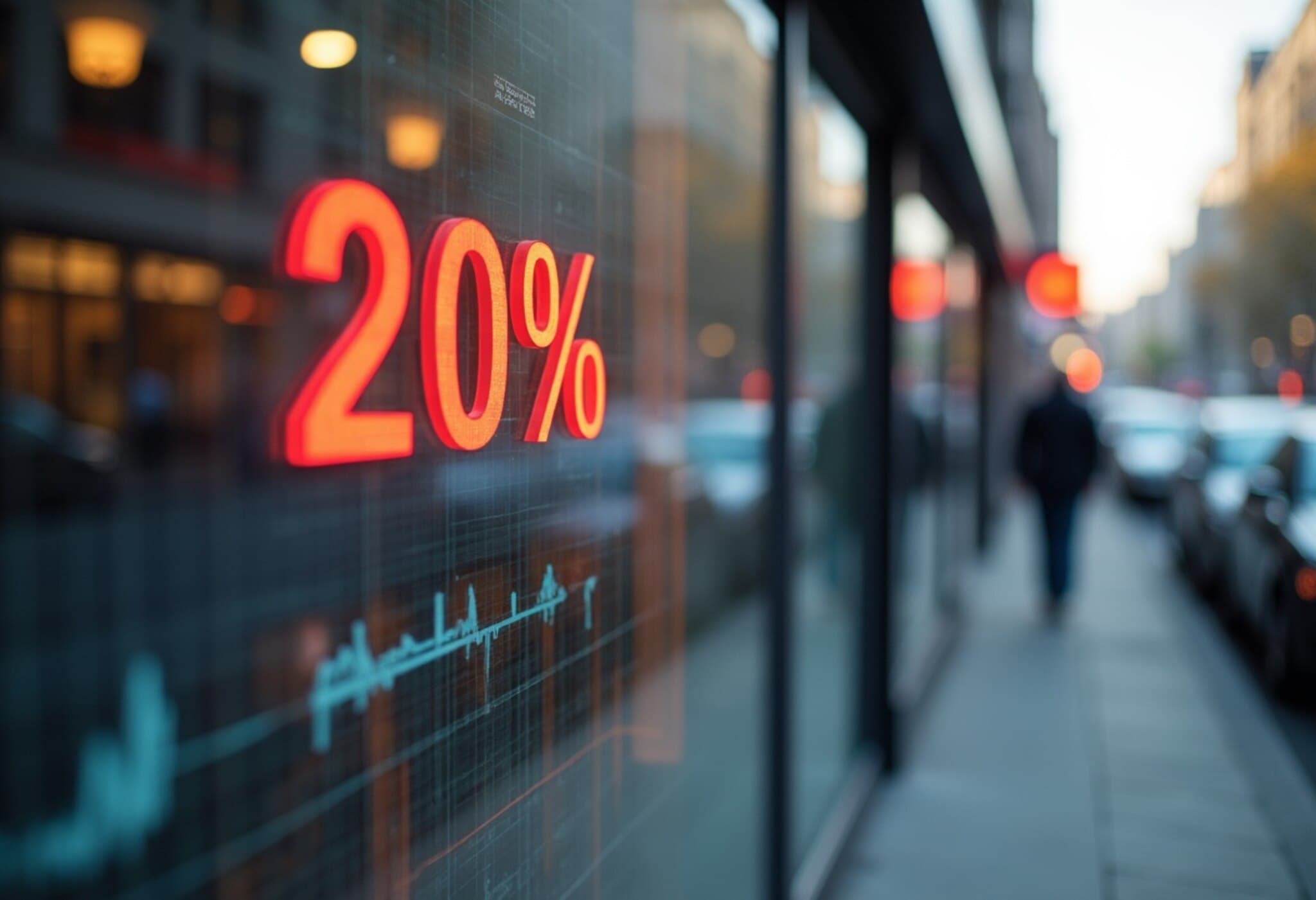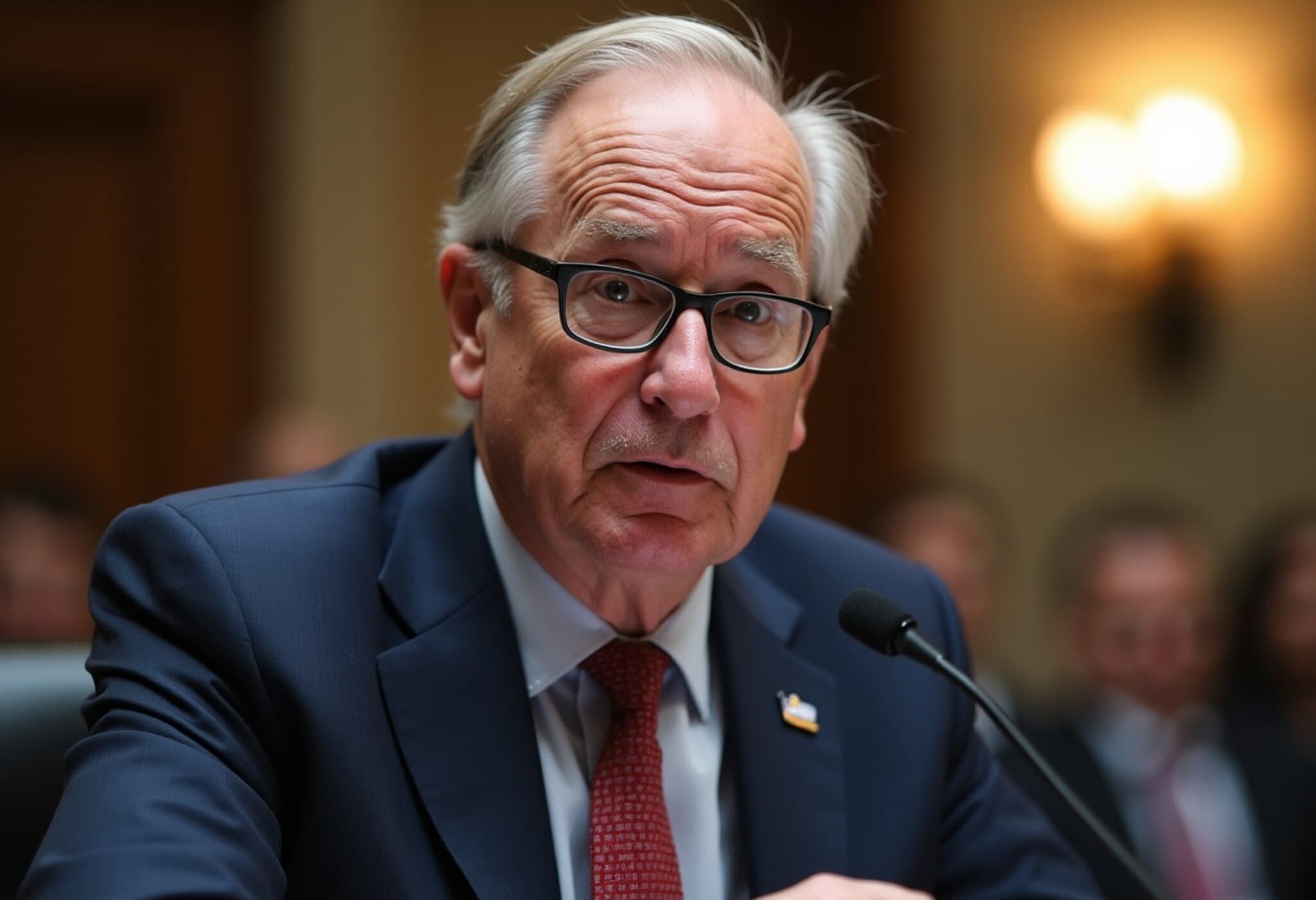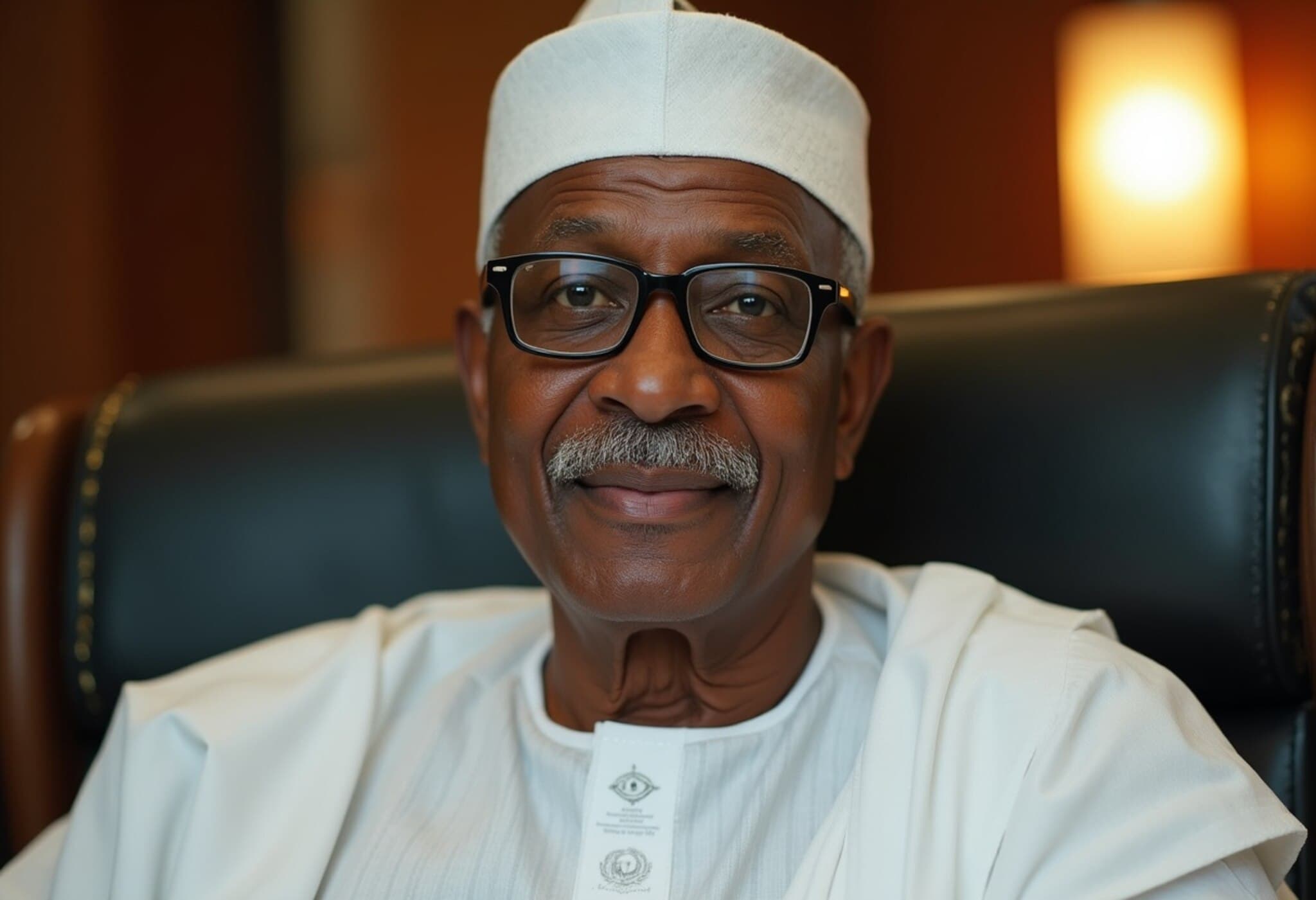Nigeria’s Economy Sees Stunning 30% Growth Through GDP Rebasing
In a surprising yet insightful move, Nigeria’s 2024 Gross Domestic Product (GDP) has been recalculated to reflect an impressive 30% increase overnight. The National Bureau of Statistics (NBS) announced that the country’s GDP now stands at ₦372.82 trillion ($244 billion) at current prices—up sharply from earlier estimates of $187.76 billion by the World Bank. This adjustment follows a thorough rebasing of the GDP calculation model, marking the first update in over a decade.
Understanding the Rebase: What Changed?
GDP rebasing is an essential statistical exercise that typically updates the base year used to calculate economic output. Nigeria shifted its base year from 2010 to 2019, allowing for a more accurate capture of its dynamic and evolving economy.
More importantly, the recalculation incorporates rapidly expanding sectors such as digital services, pension fund management, and the vast informal labor market—an area where over 90% of Nigerians find employment. These sectors were notably underrepresented or entirely excluded in earlier GDP estimations.
Why Rebasing Matters for Emerging Economies
- Reflects economic transformation: Emerging economies like Nigeria witness swift changes in production and consumption trends, necessitating periodic updates.
- Improves policy accuracy: Better data helps policymakers design targeted interventions and allocate resources efficiently.
- Enhances investment appeal: A larger and more diversified economy can attract foreign investors looking for growth opportunities.
Nigeria’s Economy in Context: Past and Present
The last GDP rebasing in 2014 briefly crowned Nigeria as Africa’s largest economy, surpassing South Africa. However, currency devaluations and economic challenges saw Nigeria dip to the continent’s fourth position in 2023, trailing South Africa, Egypt, and Algeria.
With the latest adjustment, Nigeria’s economy remains the fourth largest but now presents a more robust profile. Agriculture, traditionally Nigeria’s economic backbone, solidifies its role as the leading contributor, while oil’s contribution has shrunk to a modest 5%, marking a significant structural shift.
Economic Experts Weigh In
Michael Famoroti, Head of Research at Lagos-based data firm Stears, explains, “This rebasing is timely and essential for any developing country. The Nigerian economy has transformed dramatically over the past decade, especially with the digital revolution taking center stage.”
Yet, Famoroti sounds a cautious note regarding fiscal policy: “While the higher GDP can paint a healthier macroeconomic picture, it shouldn’t lull policymakers into complacency about debt sustainability.” Nigeria’s debt-to-GDP ratio now appears to have improved from 52% to about 40%, aligning with government targets, but underlying debt challenges persist.
The Bigger Picture: Regional and Global Implications
Nigeria’s move follows a regional trend. Senegal recently announced plans to rebase its GDP for the first time since 2018 amid rising concerns about opaque borrowing practices. Updates like these can dramatically affect perceptions of debt burdens and influence international aid, investment, and credit ratings.
Bank of America analysts observe, “Rebasing may be an attractive tool for governments to address debt metrics alongside genuine economic growth.” However, care must be taken to ensure rebasing does not mask underlying economic fragilities.
What This Means for Nigerians and Investors
- For Nigerians: A larger GDP underscores the country’s growing economic potential and diversification, but real improvements in income levels and job creation remain crucial.
- For investors: Enhanced data transparency and recognition of new growth sectors create fresh opportunities, particularly in technologies and informal market integration.
- For policymakers: Updated figures offer a more accurate baseline for crafting fiscal and monetary policies, debt management strategies, and development agendas.
Editor's Note: Navigating Beyond the Numbers
While Nigeria’s GDP rebasing delivers a welcome update reflecting its vibrant, shifting economy, several questions linger. How effectively will the government leverage this new data to address poverty, unemployment, and infrastructure? Does the apparent improvement in debt metrics correspond to genuine fiscal health, or is it a statistical sleight of hand?
Moreover, as Nigeria’s informal economy gains newfound official recognition, what policies will emerge to formalize and support these workers? The path from statistical revision to tangible societal benefit is complex, but this rebasing brings Nigeria closer to understanding and harnessing its economic reality.














